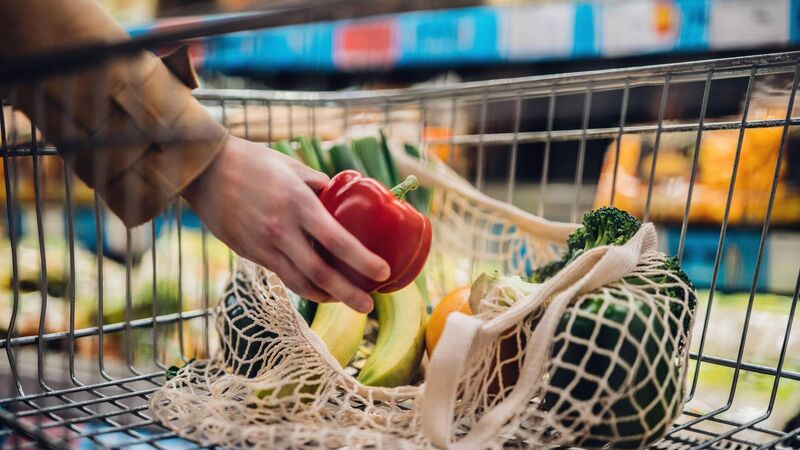Irish consumers more worried about food prices than global peers, survey finds

One in eight Irish consumers is choosing to eat more locally sourced products to help the environment, according to an Accenture report. Picture: Getty Images
More than 70% of Irish consumers said they are either extremely or very concerned about the cost of their food, significantly outpacing global counterparts, new figures from PwC show.
Grocery prices increased almost 5% in the past year, with the rate of inflation rising by 2.4 percentage points to 4.96%.











